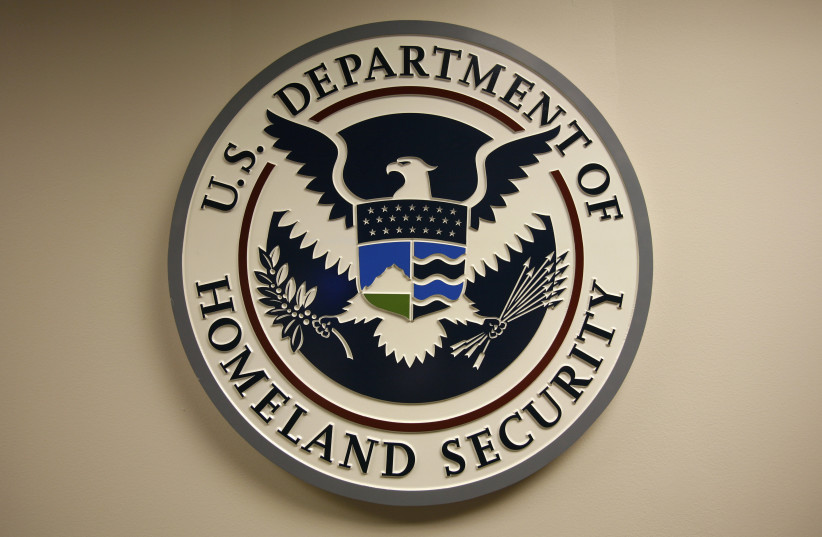WASHINGTON –The faith-based community continues to face an enduring threat, both from domestic and foreign violent extremists, says Stephanie Dobitsch, Deputy Under Secretary for Intelligence Enterprise Operations at the US Department of Homeland Security.
Speaking at the Senate Committee on Homeland Security and Governmental Affairs, Dobitsch said that the greatest threat “comes from lone offenders and small groups, inspired by the full range of domestic and foreign violent ideologies and personal grievances.”
“The threat to faith-based communities spans the ideological spectrum, and we see them as a target of multiple groups and individuals seeking to target those communities,” she said. “The greatest threat stems from racially and ethnically motivated violent extremists who believe in the superiority of the white race; militant violent extremists and individuals who are inspired by foreign terror groups overseas.”
“Looking back over the last 10 years, we've observed about 30 incidents of domestic violent extremists targeting mosques, synagogues, churches, and other religious centers and institutions,” she continued.
She went on to say that Jewish communities were targeted nearly twice as often as other religious communities followed by Muslim, Christian, and Sikh communities. “The most common weapons in these attacks or these plots was arson, and then firearms,” she noted. “The use of arson in particular is more common in the targeting of faith-based communities compared to other targets pursued by domestic violence extremists.”

Senator Rob Portman (R-OH) ranking member of the committee, said that there is an elevated threat of violence and terrorism against houses of worship. “Just over two [months] ago, a terrorist made his way to the congregation, Beth Israel in Colleyville, Texas, and held four people hostage for over 10 hours,” he said. “Perpetrator Malik Faisal Akram traveled to the United States from the UK with the intent to commit violence.”
Portman said that he was concerned that this attack was not prevented. “Why was this person not on the government's radar, considering his criminal record in history of being investigated for terrorism in the United Kingdom? Why was he granted access to the United States under the visa waiver program, especially after he lied on his paperwork to customs and border protection?” he asked.
“In spite of his dangerous past, he was able to travel to the United States, fly from New York to Texas, [and] illegally purchased a firearm,” he continued. “It was only after he attacked a synagogue that our law enforcement or Homeland security officials detected a threat.”
He went on to say that the incident in Colleyville was a blatant act of antisemitism and terrorism against the Jewish community. “For too long Jews in the United States have been targeted and attacked for their faith facing threats of harassment and violence at an exceptionally high rate,” he said. “The Jewish community is the target now of more than half of all religious-based crimes. And yet the community only makes up about 2% percent of the US population.”
